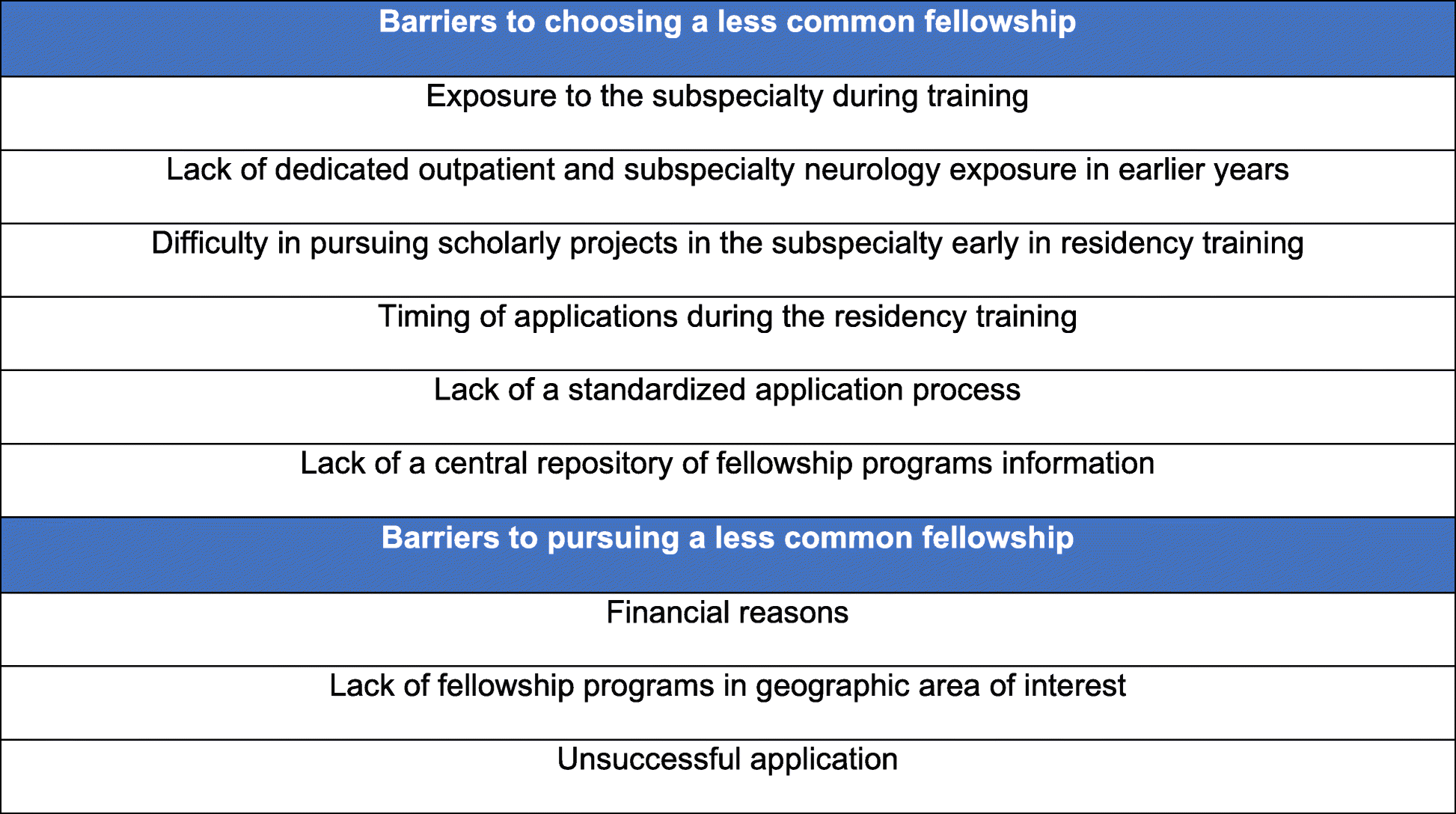Hello everyone! I know the general consensus of this group is that the neurohospitalist fellowships are not worth it but I am still curious to know about the call schedule of these fellowships. How many nights and weekends is one expected to do as a neurohospitalist fellow? (No fellowship page comments upon this)
Will really appreciate if someone who has done neurohosp fellowship or knows someone who did it can answer this question.
Thank you!
Will really appreciate if someone who has done neurohosp fellowship or knows someone who did it can answer this question.
Thank you!

